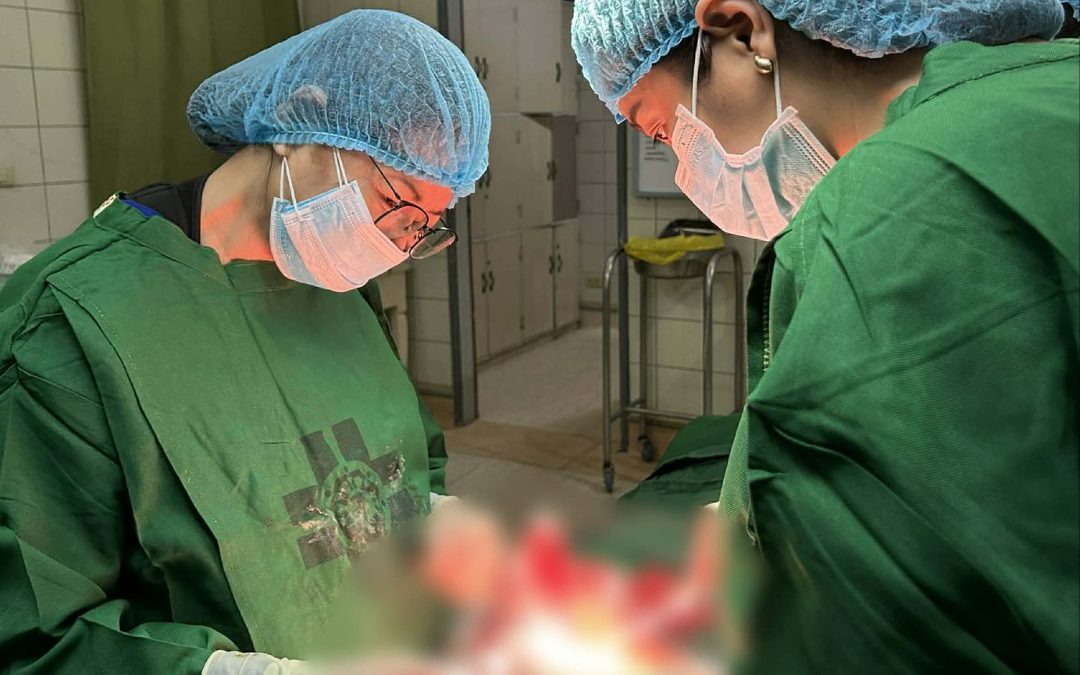A radical nephrectomy is a surgical procedure that involves the removal of an entire kidney along with surrounding structures, including the adrenal gland, a portion of the ureter, and the fatty tissue around the kidney. This surgery is primarily performed to treat kidney cancer or other serious kidney conditions.
Causes for Radical Nephrectomy
The main indications for a radical nephrectomy include:
- Renal Cell Carcinoma: The most common type of kidney cancer.
- Transitional Cell Carcinoma: Cancer that originates in the renal pelvis.
- Wilms’ Tumor: A type of kidney cancer that primarily affects children.
- Non-functional or Severely Damaged Kidney: Due to conditions like severe trauma, recurrent infections, or chronic kidney disease.
- Large Benign Tumors: That cause significant symptoms or have the potential to become malignant.
Symptoms Leading to Radical Nephrectomy
Symptoms prompting the consideration of a radical nephrectomy are generally related to the underlying condition, most often kidney cancer. These may include:
- Blood in the urine (hematuria).
- Persistent pain in the side or back.
- A mass or lump in the abdominal area.
- Unexplained weight loss.
- Fatigue.
- Fever and night sweats.
- High blood pressure (hypertension).
- Anemia (low red blood cell count).
Diagnosis
To diagnose conditions necessitating a radical nephrectomy, physicians may use a combination of the following tests and procedures:
- Imaging Tests: Such as ultrasound, CT scan, or MRI to visualize the kidney and surrounding structures.
- Urinalysis: To check for blood or abnormal cells in the urine.
- Blood Tests: To assess kidney function and overall health.
- Biopsy: Sometimes used to obtain a tissue sample for histological analysis.
- Cystoscopy: To examine the bladder and urethra if transitional cell carcinoma is suspected.
Treatment
The primary treatment for conditions requiring a radical nephrectomy is the surgical removal of the kidney and associated structures. The surgery can be performed in different ways:
- Open Radical Nephrectomy: A traditional approach with a large incision in the abdomen or side.
- Laparoscopic Radical Nephrectomy: A minimally invasive technique using small incisions and a camera to guide the surgery.
- Robotic-Assisted Radical Nephrectomy: A type of laparoscopic surgery using robotic systems for enhanced precision and control.
Post-Surgery Treatment and Recovery
Following the surgery, treatment and recovery involve:
- Hospital Stay: Typically ranges from a few days to a week, depending on the surgical approach and patient’s condition.
- Pain Management: Medications to control pain post-surgery.
- Monitoring and Follow-Up: Regular check-ups to monitor kidney function and ensure no recurrence of cancer.
- Lifestyle Adjustments: Patients may need to make dietary changes and limit certain activities while recovering.
- Adjuvant Therapy: In cases of cancer, additional treatments such as chemotherapy, immunotherapy, or targeted therapy might be necessary.
Potential Complications
As with any major surgery, a radical nephrectomy carries risks, including:
- Infection: At the site of surgery or internally.
- Bleeding: Excessive bleeding during or after the procedure.
- Blood Clots: Risk of developing clots in the legs (deep vein thrombosis) or lungs (pulmonary embolism).
- Damage to Surrounding Organs: Such as the intestines, liver, or spleen.
- Reduced Kidney Function: With only one remaining kidney, overall kidney function is reduced, which requires careful monitoring.
Recovery
Recovery times vary based on the type of surgery and the patient’s overall health:
- Initial Recovery: Generally takes 4-6 weeks for laparoscopic or robotic-assisted surgery, and longer for open surgery.
- Long-Term Monitoring: Patients will need regular follow-up appointments to monitor the function of the remaining kidney and check for any signs of cancer recurrence.
A radical nephrectomy is a significant procedure, but for many patients, it can be lifesaving and can greatly improve outcomes in the treatment of kidney cancer and other serious kidney conditions.



